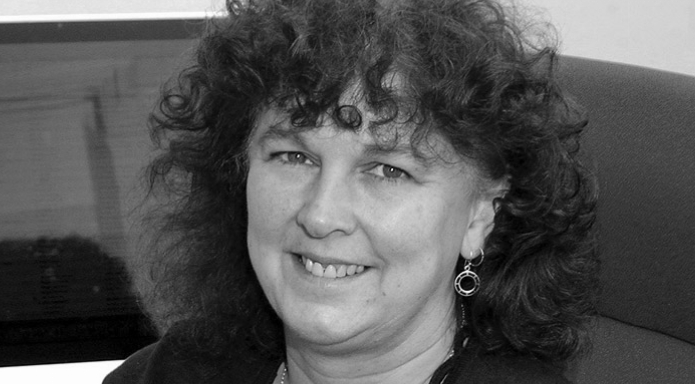How Dropbox Business is helping UCL accelerate global research
Scientific research is the driving force behind technological and societal developments the world over. We’ve visited space, landed a man on the moon, and more recently delivered cargo to the International Space Station before returning a rocket safely to a launchpad floating at sea.
But one area we have only just touched the surface of is the human brain. Now all that is about to change. Enter University College London (UCL) and its neuroscience team at the Sainsbury Wellcome Centre (SWC).
Ranked fourteenth in the global university ranking and acclaimed as one of the leading research universities in the UK, UCL’s neuroscience research team at SWC was looking for new ways to collaborate on projects with its global research network and accelerate its discovery of the innermost workings of the human mind.
Wanting to ensure the research team could work on biomedical projects together, the team invested in Dropbox Business to create a real time, secure, safe, and collaborative research platform.
UCL’s neuroscience research team at SWC—based across the US, Italy, Portugal and the UK—can now collaborate on projects in real time, accelerating results to uncover answers faster.
We caught up with Dr Tiago Branco, Senior Research Fellow and Tom Otis, Ph.D., Chief Scientific Officer at the SWC to find out how Dropbox Business is helping its neuroscience research. With new capabilities allowing data to be analysed more quickly, discoveries are being made faster than ever before.
Watch the video above to find out more.
Transcript:
Tom Otis, Ph.D. Chief Scientific Officer
Space is complicated, it’s vast, it’s infinite. Yet we understand what’s happening millions of light years away down to the smallest detail. Compare that to the human brain, the mechanism responsible for every decision we make, every emotion we feel and we know so little about how it works. But there are scientists out there right now working on understanding this complex frontier and treat the terrible diseases that strike the brain.
Dr Tiago Branco, Senior Research Fellow
We’ve been working on this research for over fifteen years now and are getting new knowledge on how the brain processes information, which could be used to treat some mental health disorders but it’s complicated and slow and sometimes you risk duplicating the work of other scientists in the labs.
I used to have to wait until the evening before I could see the results and data from that day’s lab work. Often it wouldn’t be available for a day or two and this would be frustrating and it was slowing down our work. Then we had this idea, why not incorporate Dropbox Business into how we work. And it transformed how we work and now as lab work data is generated it is shared using Dropbox Business.
That means that not only I can watch the results of an experiment coming in live—no matter where I am—but it also means that labs all around the world can work together by sharing data and thereby meaning we can collaborate in a way we’ve never worked before.
As a scientist, the thing about Dropbox is that it has all of these features. In the past, we’ve had weeks and weeks of valuable research data for IT errors or, dare I say, human error. With Dropbox Business we can use file recovery to get back old versions of our data research.
Dropbox is transforming the way that we work at UCL and scientists around the world. It’s quite likely that through using Dropbox Business, science will be able to move faster than ever before.
Tom Otis, Ph.D. Chief Scientific Officer






